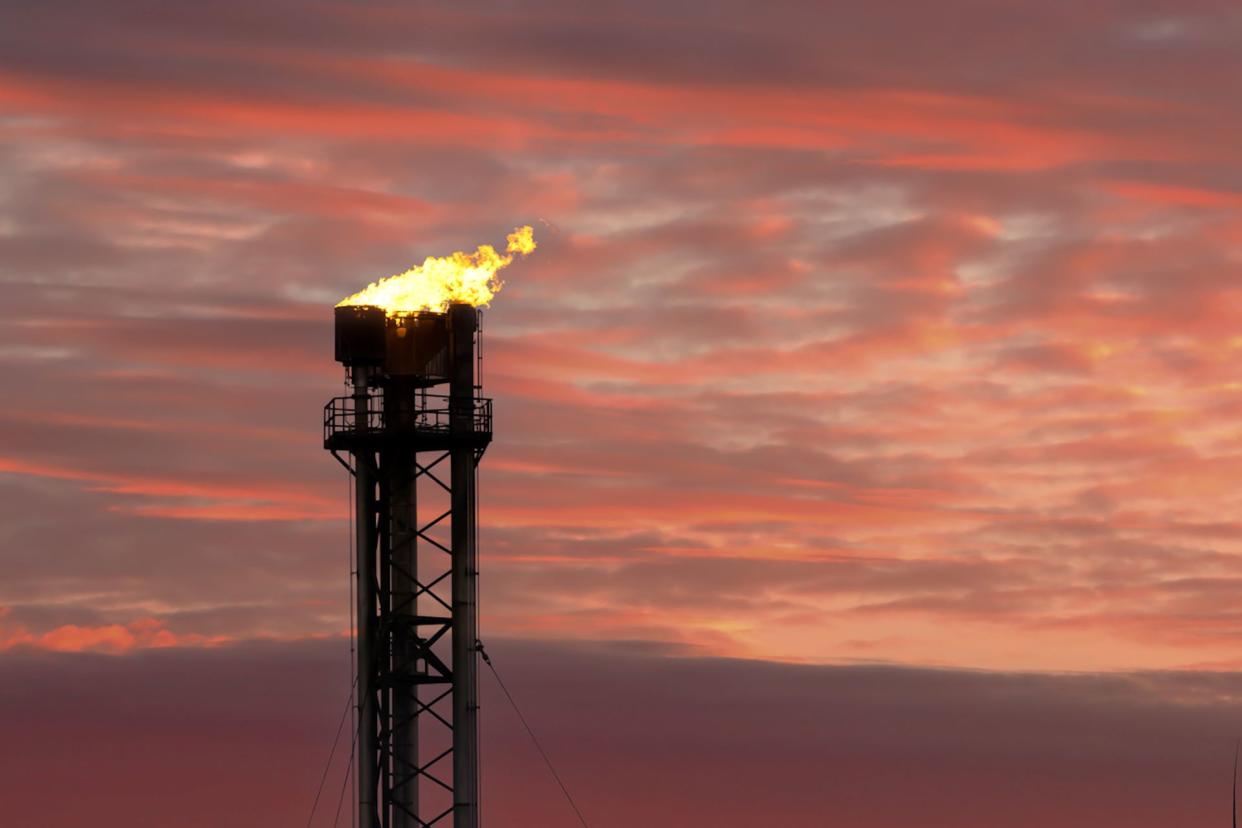Gas company’s dangerous error discovered from space via satellite technology: ‘We need to be looking a bit harder to find them’

A methane leak at a UK-based gas pipeline was so voluminous it could be seen from space.
The University of Leeds noticed the three-month-long leak while using satellite technology to detect and study methane output from landfills, the BBC reported.
What happened?
A Wales and West Utilities gas pipe in Cheltenham allowed the escape of enough gas to power 7,500 homes in March this year.
The company said they were made aware of the leak following a public report of a gas smell, and the satellite imagery was obtained while in the process of seeking permissions to fix it.
PhD researcher Emily Dowd, who noticed the leak on the images, said that we should be taking advantage of the technology to find more leaks across the country.
Why is this so troubling?
In addition to the problem regarding a waste of energy that could have been used in homes in the region, methane gas was released into the atmosphere, polluting and warming the air.
According to the Environmental Defense Fund, methane has upward of 80 times the warming power of carbon dioxide over the first 20 years after it reaches the atmosphere, setting the pace for near-term warming.
While it’s unclear quite how much gas was lost during the leak, it’s still concerning that methane pollution has been entering the atmosphere unchecked for three months.
“Finding this leak brings a question of how many there are out there and maybe we need to be looking a bit harder to find them and take advantage of the technology we have,” Dowd told the BBC.
Can more be done to spot methane leaks?
Speaking to the BBC, senior vice president for strategy at GHGSat — the company that provided the images — noted that satellites are just “one piece of the puzzle” when it comes to spotting such leaks.
GHGSat has now signed a deal with Satellite Applications Catapult to provide satellite data on UK and international methane emissions for research and development.
In a statement, the UK Space Agency’s CEO, Dr. Paul Bate, said: “Satellites are getting smaller and more powerful, giving us an ideal vantage point from which to monitor global greenhouse gas emissions and inform decision-making on the path to Net Zero.”
It is hoped the partnership will allow governments in the United Kingdom and elsewhere with data to inform future policies regarding planet-harming pollution.
Otherwise, methane leaks are only detected and monitored through on-the-ground surveys, according to the BBC. Therefore, satellite technology will allow for a much quicker and broader scope of discovery and data collection.
Join our free newsletter for cool news and actionable info that makes it easy to help yourself while helping the planet.


